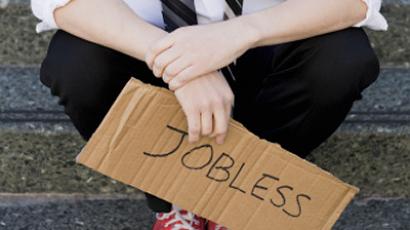Capitalism at fault for global crisis

Is capitalism to blame for the rise in unrest and the fall of global markets? One scholar argued yes, saying it is merely how capitalism works.
Ha-Joon Chang, a senior research associate at the Center for Economic and Policy Research and author of “23 Things They Don’t Tell You About Capitalism” argued the assumptions behind the dogma and hype of capitalism and the free market spun by the neoliberal economists since the era of Reagan are completely false. “We have to realize that all markets have regulations propping them up,” he said, explaining there is no such thing as a true free market. Citing labor laws, child labor rules and other factors, Chang explained that at one time these items would have been protested and in fact were opposed, but today are normal. Regulations as simple as these show a free market has already failed, he contended. He also argued immigration policies must be highly regulated not open, as free market proponents argue. He said immigration hinders economies by creating greater income inequality gaps. Allowing too many people in and people with different approaches hinders a nation’s economy. He argued US immigration is dysfunctional because too many people come to America while high end managers and corporate workers are overpaid. The top 1 percent of American takes in about 23 percent of US income, he noted. It’s not trickling down to the masses as free market economist argues. In addition to tightening regulations on the market and immigration, a strong central bank that is well managed must be maintained – including strengthening the US Federal Reserve. Previous concerns with the Fed are about specific policy, he argued, not the Fed itself. A central bank is required, but strong policy is as well. Essentially, capitalism and the free market have failed and will continue to do so. The mere fact regulations exist, he argued, eliminates the existence of a free market. The notion of true capitalism failed years ago and brought about today’s global economic crisis.














